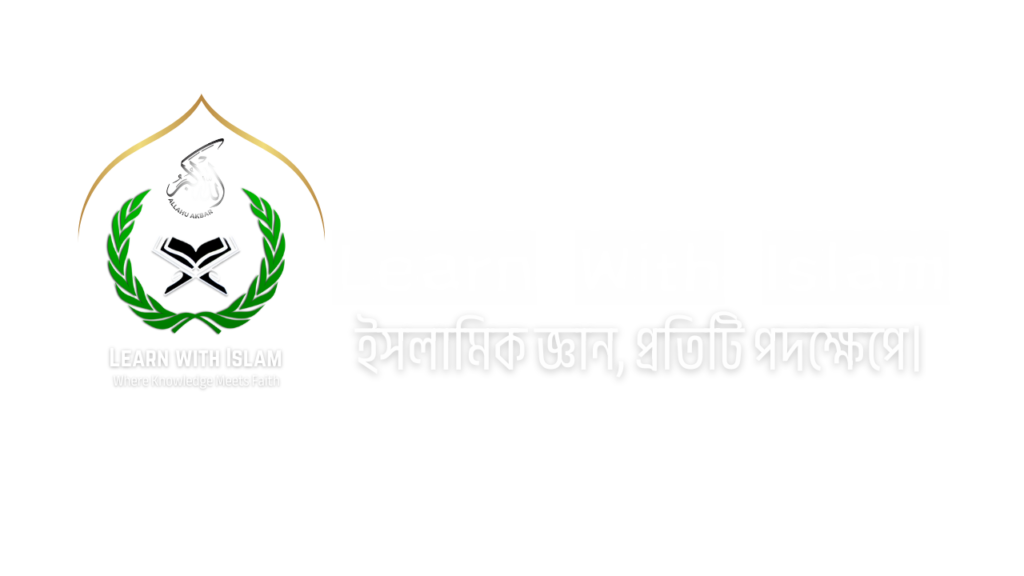Mustafa III (1757–1774 CE) was the 26th Sultan of the Ottoman Empire, known for his reform-minded approach and efforts to modernize the empire’s military and administration. His reign, while marked by efforts to strengthen the Ottoman state in the face of growing European power, also witnessed significant challenges, including military defeats and internal dissent. Mustafa III’s reign marked a transition from the relatively conservative policies of his predecessors to the more reformist aspirations of later sultans.
- Full Name: Mustafa ibn Ahmed III
- Titles: Sultan of the Ottoman Empire, Caliph of Islam
- Reign: 1757–1774 (17 years)
- Dynasty: Ottoman
- Father: Ahmed III
- Mother: Emine Sultan
- Predecessor: Osman III
- Successor: Abdulhamid I
- Capital: Istanbul
- Age at Accession: 45
- Age at Death: 63
🧒 Early Life and Ascension to the Throne
- Born in 1717, Mustafa III was the son of Ahmed III, who had been overthrown by the Patrona Halil Revolt.
- Mustafa was relatively advanced in age (45) when he ascended the throne in 1757, after the death of his predecessor Osman III.
- Unlike his predecessors, who had been more conservative, Mustafa III showed a keen interest in reforming the empire, especially its military and administrative structures.
⚔️ Military Conflicts and Foreign Affairs
🔹 Ottoman–Russian War (1768–1774):
- Mustafa III’s reign was overshadowed by a major conflict with Russia. The Ottoman Empire was drawn into the Russo-Turkish War, which had significant consequences for the empire.
- The war, which began in 1768, ended disastrously for the Ottomans in 1774 with the Treaty of Küçük Kaynarca, marking a decisive defeat and the beginning of the Ottoman Empire’s long decline.
- The treaty led to the loss of Crimea and vast territories in the Black Sea region, which weakened Ottoman power and influence over the northern Caucasus and Crimea.
🔹 Diplomatic Engagements:
- Mustafa III sought to balance the empire’s foreign relations, maintaining alliances with France and seeking favorable relations with Austria to counterbalance Russian expansionism.
- However, despite attempts to maintain balance, the empire’s weakness against Russia and its loss of territory underlined the need for reform and modernization in both military and diplomacy.
🏛️ Reforms and Administration
- Military Reforms:
- Mustafa III is best known for his military reforms, particularly in the realm of artillery and naval power.
- He sought to modernize the Ottoman military, taking inspiration from European tactics and technologies, especially the French.
- He improved fortifications and organized the Ottoman navy, though the reforms were insufficient to prevent military defeat during the Russo-Turkish War.
- Administrative Changes:
- Mustafa III also initiated reforms to improve the Ottoman bureaucracy and reduce corruption.
- He implemented financial reforms to streamline state finances, but many of his administrative changes faced resistance from entrenched elites within the government.
- Cultural Patronage:
- Like many Ottoman sultans, Mustafa III was a patron of the arts, commissioning works in literature, architecture, and calligraphy.
- He supported the development of science and medicine, encouraging the translation of European texts into Ottoman Turkish.
📉 Challenges and Decline
- The Loss of Crimea: The Treaty of Küçük Kaynarca in 1774 was a significant blow to the Ottoman Empire, resulting in the loss of the Crimean Khanate and weakening Ottoman control over the Black Sea. Russia’s growing influence in the region foreshadowed the empire’s continuing decline.
- Janissary and Elite Resistance: Despite his efforts at reform, Mustafa III faced resistance from the Janissary Corps and other entrenched groups, who opposed his military and administrative changes.
- Internal Unrest: His reign saw a number of uprisings and protests, especially in the provinces, against military conscription and taxation, exacerbating the difficulties the empire faced.
📌 Legacy
- Military Reformer: Although the military reforms were insufficient to win the Russo-Turkish War, Mustafa III’s efforts set the stage for later reforms under his successors, particularly Selim III and Mahmud II.
- Cultural Patronage: His support for the arts and his interest in European scientific knowledge helped modernize Ottoman intellectual and cultural life.
- Decline of Ottoman Power: The loss of Crimea and the humiliating defeat in the Russo-Turkish War marked a significant turning point in the empire’s geopolitical position, foreshadowing the challenges that would continue to trouble the Ottomans throughout the 19th century.
📌 Summary
Mustafa III (1757–1774) was a reformist sultan who sought to strengthen the Ottoman Empire through military and administrative reforms. However, his reign was overshadowed by the Russo-Turkish War, culminating in a decisive defeat and the loss of Crimea. Despite his modernization efforts, his reign saw the empire’s decline, marking a key chapter in the Ottoman struggle to adapt to European advancements.

